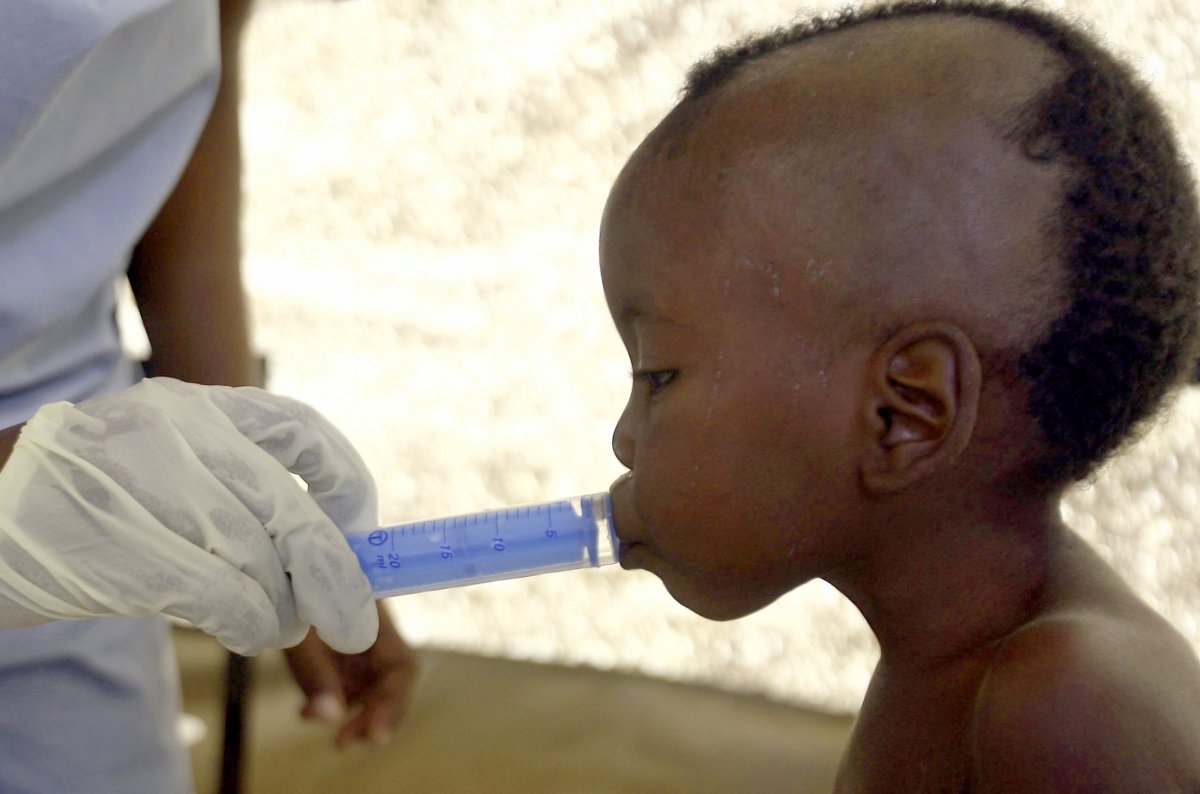Last week, the UN peacekeeping force that triggered Haiti's devastating cholera epidemic has pulled out of the country after thirteen years.
It leaves a tarnished legacy, with the families of the 10,000 people who died and 800,000 sickened by cholera still awaiting remedies from the UN.
Despite clear evidence that the epidemic originated with its troops and was spread through its reckless sewage disposal practices, the UN spent six long years on denials and cover-ups before Secretary-General Ban Ki-moon admitted moral responsibility for the epidemic.
But those words have not translated into meaningful action to redress the harms.
As the UN drags its feet, efforts to eradicate cholera have stalled. Already impoverished families ravaged by the disease still struggle to cope with the loss of their economic and emotional support, with no relief in sight.
People will continue to fall sick and die until the UN provides a comprehensive remedy for the travesty it caused. The UN's refusal to right this wrong has caused incalculable damage to its reputation and mission at a time when the world is in particular need of strong multilateral leadership.
In August, 2016, the UN promised to make amends through a "New Approach to Cholera in Haiti," a $400 million two-track plan that includes intensified support for cholera control, and the provision of material assistance to those most affected by the disease.
The plan relied on buy-in from UN member states to provide economic and political support that has yet to materialize. Where it truly matters, the international community has failed Haiti again.
The simple solution simple requires consistent access to improved sanitation facilities and clean water, an investment Haiti's empty coffers cannot fund, but one that – as the body that caused the epidemic – the UN has agreed it should bear.

Now, the UN is withdrawing its peacekeeping force, but without a viable plan to raise the money it promised. The peacekeeping force is to be replaced by a small mission focused on the rule of law, human rights, and police reform.
But its admirable goals are deeply undermined by the UN's own misconduct: Haitians associate UN presence with cholera and years of lofty rhetoric but paltry efforts to stanch its spread.
As Haitians watch the UN's newest project, one question will trump all others: will the UN follow through on its promises and respect human rights? If not, how will it have the credibility to urge compliance in others?
So far, the UN's "New Approach" looks more like a broken promise. A fund created to collect donations stands largely unfunded, with only 3 percent having come in through the fund itself. Secretary-General Antonio Guterres has not shown adequate leadership on this defining issue, despite vowing to prioritize strengthened UN accountability.
Moreover, the UN proposed at least committing the $40.5 million left over in the peacekeeping force's budget — only one tenth of the needed funds—to the cholera fund, but inexplicably, important Member States are not on board with reallocating money already designated for Haiti
The little the UN has done so far is inauspicious. The material assistance to those most affected was to include victims at the center, but the UN seems to have forged ahead without the transparency and participation it recognized was necessary to achieve the justice they deserve.
Instead, it set up a "symbolic" pilot project in Mirebalais that appears designed to establish a pattern of community based responses, but failed to consult with the victims, whose claims for individual compensation cannot be eclipsed without their input.
The UN must do right by the victims whose lives are forever marred by cholera and the weary country still battling the deadly epidemic. Otherwise, it risks entrenching "voluntarist justice," as it did for hundreds of Roma victims of lead poisoning while living in UN camps in Kosovo, who were offered the organization's profound regret but not compensation, offering only to call for donations. The vulnerable populations harmed by the UN deserve justice, not charity.
If the UN wants to regain credibility in Haiti and for future missions elsewhere on the world stage, it will need to adopt a human-rights based response that models accountability and follow-through on its commitment to rights its wrongs. It has wasted too much time already.
Lauren Carasik is the director of the International Human Rights Clinic at Western New England University School of Law.
Uncommon Knowledge
Newsweek is committed to challenging conventional wisdom and finding connections in the search for common ground.
Newsweek is committed to challenging conventional wisdom and finding connections in the search for common ground.
About the writer
To read how Newsweek uses AI as a newsroom tool, Click here.








